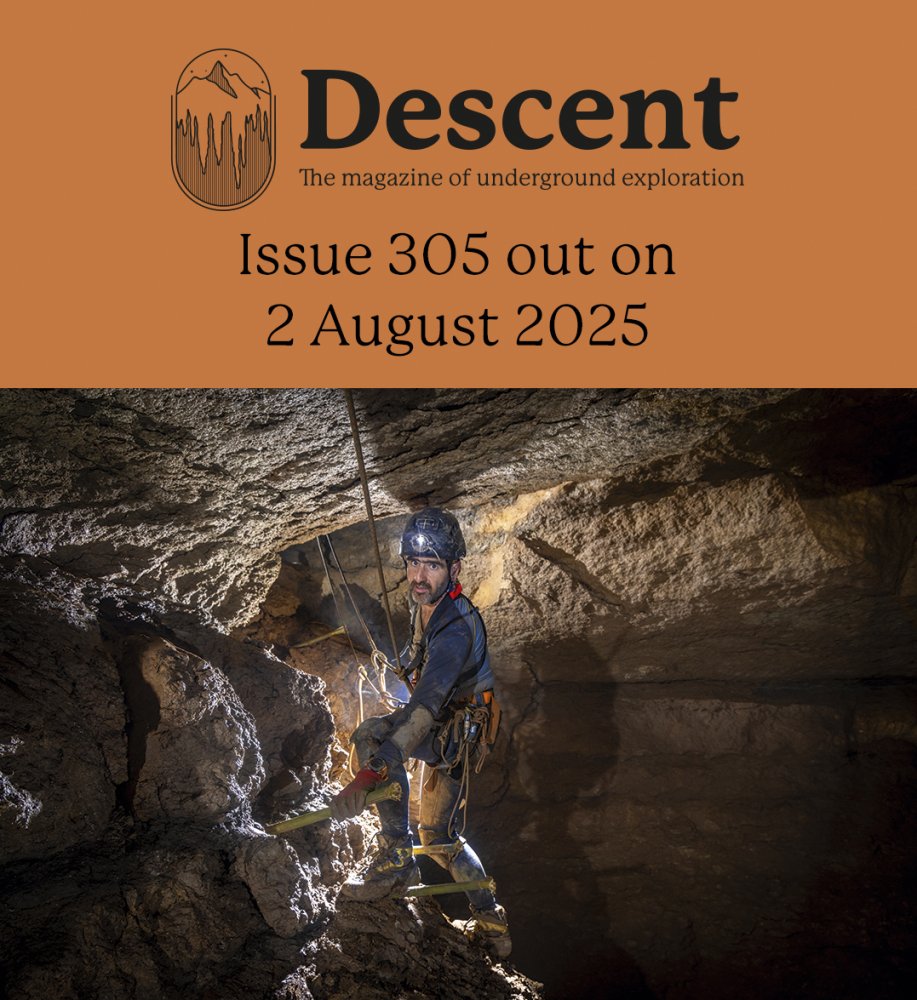Tony_B
Member
CatM said:Incidentally, I've always known about the "hours grace" at SWCC but thought that after that hour is when rescue is initiated; to hear that might not be the case is a bit worrying in my eyes. Initiating a shout early in case of poor weather etc is all well and good and commendable, but the comment that ""oh, it's just XXXX faffing about taking photos" and they were given a bit longer"..... if I was in need of rescue and someone didn't bother to come to look for me cos they thought I was faffing about, I would be pretty pissed off. If I was nearing call-out, I would not be taking photos.
Re-read my earlier post. I made it clear that this was a mistake and I described it to warn of the dangers of jumping to conclusions. I perhaps didn't represent the discussion well, it wasn't thought that 'XXXX' was still taking photos, it was more that XXXX's photo exploits had delayed the party over the course of whatever trip they were doing.



